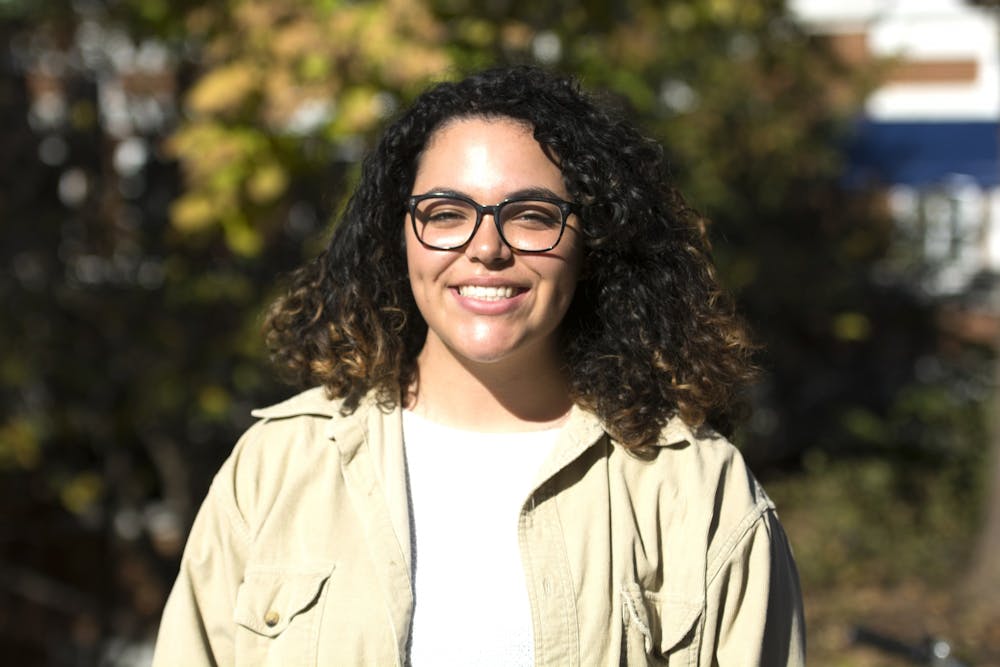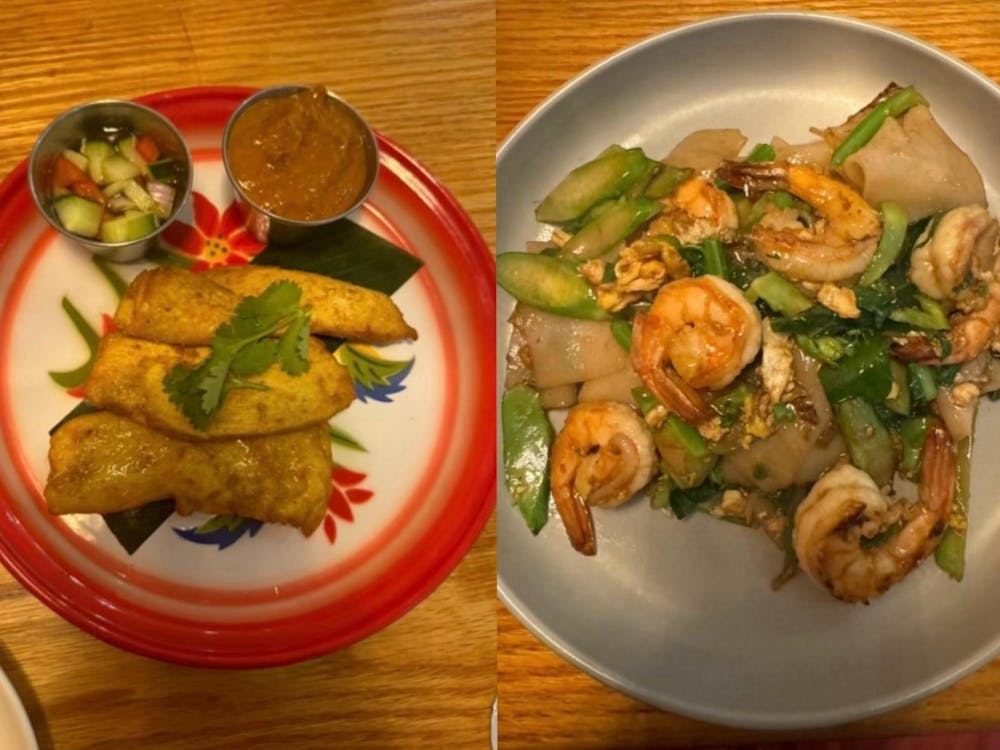Last fall, I was sitting in one of my Curry classes when our professor asked us to participate in an exercise that opened my eyes to how new some of the University community is to talking about race. Our professor asked us to raise our hands as he called out different stages of education to signify when our earliest conversations about race took place. I was one of a handful of students who raised my hand when our professor called out “kindergarten.”
By the time my professor announced “middle school,” only a dozen students had raised their hands. As the professor said “high school,” several more hands flew up, now covering more than half the class. Finally, all hands were raised at “college.” This indicated to me that the majority of the class did not remember engaging in a conversation — formal or informal — about race either until high school or until they arrived at the University.
I wish I could say that this shocked me. But I looked around the room and took note of the fact that many of my white peers were the last to lift their hands. This makes sense. The color of their skin and the texture of their hair does not define how the world perceives them. The majority of my white peers do not have to think twice about the skin color they see in the mirror or worry that their skin color will obstruct their dreams and opportunities. So why would they talk about race? They certainly do not have to.
But a crucial component of being an active ally to me, to the Black community and to all people of color is calling out racism immediately and recognizing our own biases and privileges. This is practically impossible if you can not even say the word Black because it makes you uncomfortable.
We — as a student body and a University community committed to the pursuit of knowledge — have to stop avoiding conversations about race. Being able to talk to one another and demand justice in our communities is the only way forward.
Before I offer my tips for starting these conversations, allow me to move back in time a few years to talk about my childhood. I come from an interracial family — my dad is a white police officer and my mom is a Black criminal defense and family attorney. And before you ask, they did meet in court — cute, right? My parents have always instilled in my sister and me that having conversations — especially about race and the criminal justice system — that prioritize listening is invaluable.
Granted, my parents have never had the privilege of ignoring race, at least not since they began their relationship, and my and my sister’s apparently racially-ambiguous appearance has forced us to talk about race. The confused stares and blissfully ignorant questions we receive can be frustrating, but I truly value my childhood and the open-nature of the discussions at my dinner table because they prepared me for the real world — a world in which only the extremely privileged can afford to avoid race and racism.
I recognize that I am privileged to have grown up in an environment where having tough conversations about race was commonplace. I know that not all of my peers have had the same opportunity to confront their biases and grow by learning from diverse experiences. I firmly believe that there is room in everyone’s life for these conversations. As a biracial individual and someone who has taken several courses on race, identity development and community engagement — shoutout to the Curry school — I hope I can offer a unique perspective on race and how to sit in the discomfort that comes with talking about it.
First, I cannot stress enough the importance of listening. Engaging in conversations about race is as much about listening to one another as it is about speaking.
You must also understand that it is not the job of oppressed individuals to educate you on oppression. Living with this weight every day is difficult enough as it is, so do your part in educating yourself before expecting anyone to hold your hand through this un-learning process. The “how can I educate myself?'' tab on this site created by this year’s Third Year Council is packed with reading materials, videos and speeches that are a phenomenal place to start.
I would also strongly recommend that all students take courses at the University like Sally Hemings’ University with Professor Lisa Woolfork, Race and Identity Development in Schools with Professor Joanna Lee Williams and Foundations of Community Engagement with Professor Melissa Levy. These courses challenged my beliefs on racial injustice, provided space to have tough conversations and allowed me to reimagine a future in which institutions like the University celebrate and uplift Black voices.
Be prepared for tension, for feelings of discomfort and for the emotional strain that comes with having tough conversations about racial injustice. These moments in between spoken words are just as important as the words themselves.
Next, challenge the “facts” you already know. There are a dozen underlying circumstances for each statistic or percentage you find on a chart. Using the numbers requires that you understand the people and contexts beneath them.
Additionally, know where your blind spots are and commit to narrowing them. It is okay to not know enough about a topic to respond immediately, but do not try to stumble upon an answer. Do more research and come back to the conversation.
Talking to our peers about race is one thing, but talking to our parents and family members about race is something entirely different. As I mentioned before, my family’s willingness to talk about race and racial injustice has largely influenced my perspective, so I am going to do a little outsourcing on this topic.
Graphics on Instagram are easy to share — indirectly or directly — with your followers and offer extremely helpful tips for starting conversations about race with your family. This graphic breaks down how to talk to people in your life who do not agree with what you believe to be right and focuses heavily on communicating with familial authority figures.
This post provides several responses to racist comments that can be used in conversation with your friends, family, professors, strangers and more. This resource compiles a list of things to say when you do not know what to say, specifically to the Black people in your life. I would encourage those who are interested to read them, share them and save them for later.
I sincerely hope that I have expanded your toolkit for talking about race and that you may be a little more comfortable bringing it up in your communities. One of my favorite authors, Ta-Nehisi Coates, wrote, “Race is the child of racism, not the father,” and I believe the world needs to acknowledge this truth now more than ever. Change begins when we use our voices. So whatever you decide to do, please keep talking.
Emma Keller is a Life Columnist at The Cavalier Daily. She can be reached at life@cavalierdaily.com.





